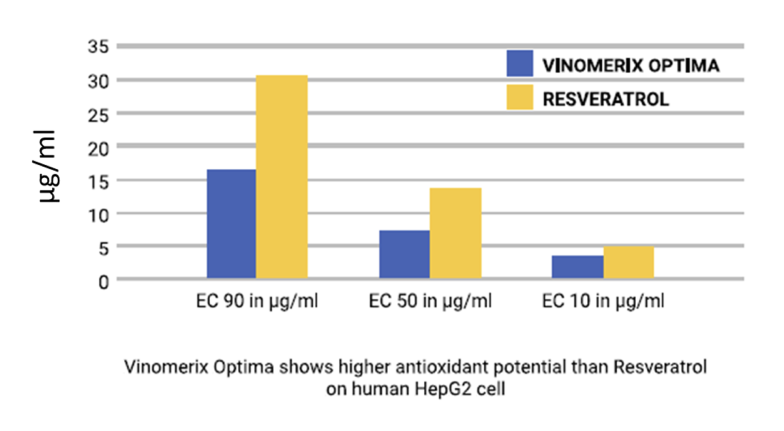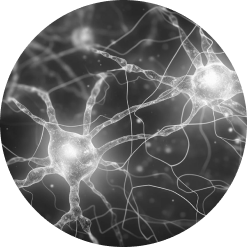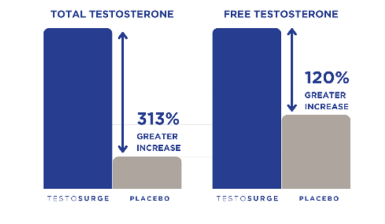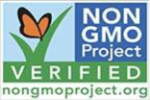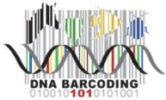OVERVIEW
VARIANTS
OVERVIEW
VARIANTS
HEALTH BENEFITS
Benefits of Monomers & OPC
USP
USP
SCIENCE
Scenario
Scenario
- According to research, around 30% of overweight men have Testosterone Deficiency.
- 38% of men above 40 have testosterone levels below 300 ng/dl.
- Above the 80-year threshold, more than 50% of men have testosterone levels below 300 ng/dl.
- As far as diabetes patients go, up to 24% of men have low testosterone levels.
- Low T-levels are harmful for all aspects, including physical, mental, and social
Reference:
Foundation
Foundation

A broad spectrum of systematic reviews and scientific data demonstrated that fenugreek and its extracts improve glycemic and lipid profiles. Fenugreek is known to have antioxidant, anti-carcinogenic, gastro protective, anti-inflammatory, antimicrobial, immunological, anti-obesity, and hepatoprotective effects, and are beneficial to women’s health. Further, previous studies reported that fenugreek improved cognitive functions and Parkinson’s symptoms and showed anti anxiety, antidepressant, and neuroprotective properties. A recent study has reported the beneficial effects of fenugreek and its extract on hormonal-related statuses, such as galactagogue in lactating women and male impotence.
The presence of fenugreek seeds in various traditional medicinal systems is due to their composition of diverse phytochemicals, including Glycosides.
Potential benefits of fenugreek glycosides in testosterone production include: Increased Testosterone Levels:
- Fenugreek supplementation may lead to an increase in testosterone levels, which could have positive effects on muscle mass, strength, and overall vitality.
- Enhanced Libido: Fenugreek has been traditionally used as an aphrodisiac, and its potential influence on testosterone levels may contribute to improvements in libido and sexual health.
- Improved Exercise Performance: Higher testosterone levels may be associated with increased exercise performance and muscle strength, making fenugreek an area of interest for athletes and those involved in physical fitness.
- Spermatogenesis Support: Testosterone plays a crucial role in spermatogenesis (sperm production), and fenugreek’s potential impact on testosterone levels may have implications for male reproductive health.
Mechanism of action
Mechanism of Action
Testosurge® is standardized to include a specific combination of steroidal and flavonoid glycosides. The steroidal glycosides in Testosurge® enhance the effectiveness of testosterone by competitively binding with SHBG. When testosterone is released into the bloodstream approximately 60-70% of it binds to SHBG. The steroidal glycosides from Testosurge® binds to SHBG and make testosterone free and bioavailable.
On the other hand, the flavonoid glycosides in Testosurge® play a role in increasing testosterone production. They achieve this by enhancing the expression of the steroidogenic acute regulatory (StAR) protein in Leydig cells. Testosterone is produced within the mitochondria of Leydig cells through steroidogenesis, where the StAR protein facilitates the entry of cholesterol into the mitochondrion.
Testosurge® has demonstrated inhibitory activity against5-alpha reductase and aromatase in cell line studies. 5-alpha reductase is an enzyme responsible for converting testosterone into DHT, while aromatase converts testosterone into Estrogen. This inhibition activity suggests that Testosurge® may help regulate the levels of these hormones in the body.
Additionally, Testosurge® can inhibit PDE5 enzyme which canresult in improved vasodilation and penile blood flow.
Efficacy
Efficacy
Human Clinical Study 1: Effects of Testosurge® supplementation on strength, body composition and hormonal profiles during an 8-week resistance training program.
Human Clinical Study 2: Effects of Single dose Testosurge® on serum testosterone levels of healthy sedentary male subjects
Scenario
Scenario
- Extracts derived from grape seeds have increasingly found use in nutritional supplement and herbal medicines markets in the US, Japan, Korea, and Australia due to their beneficial human health effects and their global sales have reached USD60 million in 2000’s.
- Adulteration of grape seed extract in commercial products is a significant problem. Adulteration with peanut skin extract represents a significant concern to safety with regards to allergens.
- The motivation behind purposeful adulteration in commercial products is for economic gain. Peanut skin extract, which is a high-volume byproduct of the peanut industry, is less expensive and typically available at a much greater volume than grape seed extract. Thus, a bulk distributor of grape seed extract or another manufacturer along the value chain can take advantage of the chemical similarity between GSE and peanut skin extract since the conventional assays typically used in industry cannot discriminate between the two.
- Typical adulteration of grape seed extract with peanut skin extract can be spotted by HPLC fingerprinting.

FOUNDATION
FOUNDATION
Grapes are one of the most highly consumed fruits across the world. In ancient Europe the leaves and the sap of grape plants has been used in traditional treatment for ages. Besides being a wellspring for vitamins and fibre, the skin and seeds of grapes are highly rich in Polyphenols specifically proanthocyanidins, which can be used as a functional ingredient to address various health issues by boosting the natural bioprocesses of the body.
Grape seeds have high antioxidant potential. Their potential health benefits include protection against oxidative damage, and anti-diabetic, anti-cholesterol, and anti-platelet properties. The health benefits of grape seed consumption are thought to arise mainly from bioactivities of their polyphenols. It also shows a positive effect on wound healing. Presence of antioxidant property in GSE has shown to exert a much stronger oxygen free radical-scavenging effect.
Mechanism
of action
Mechanism of Action
In an era marked by evolving health challenges, finding effective safe solutions for preservation of health and wellness has become paramount. Human beings today face various health issues ranging from oxidative stress to cardiovascular ailments. All the Health challenges faced by human beings are associated with High calorie diet, Lack of Physical activity, Excessive Alcohol consumption, smoking, Mental health condition such as Stress, Trauma etc. all conditions together lead to challenges such as Oxidative stress & Aging, Cardiovascular diseases, Cognitive decline, and many others.
However, nature provides us with powerful allies like grape seed extract, which offer holistic solutions to these contemporary health issues. From combating oxidative stress and supporting cardiovascular health to preserving cognitive function and promoting skin wellness, the benefits of grape seed extract are extensive.
Grape seed extract and its numerous linked health advantages became notable in the 1980s amid the discussion of the “French Paradox,” which highlighted the significance of polyphenols known as Oligomeric Proanthocyanidins (OPCs). These OPCs are abundantly present in grape skin, seed, and pulp. Numerous studies have been conducted further and published on OPCs, which have further identified that monomeric units such as Catechin(C), Epicatechin (EC) along with Oligomers, contribute to enhanced health benefits. The monomeric units are more bioavailable, leading to increased absorption and utilization within the body.
Vinomerix is purified grape seed extract series derived from the world’s finest grape growing champagne region of France. These extract series are standardized to monomers ranging from 5%,16%-19%, and 25% by HPLC. The varied ranges of Monomers in Vinomerix show their potential health benefits through the following mechanism of action:
- Antioxidant Activity: Grape seed monomers are powerful antioxidants that scavenge free radicals and reactive oxygen species (ROS) in the body. Free radicals are unstable molecules that can cause oxidative damage to cells, proteins, and DNA, contributing to aging and various diseases. Grape seed monomers help neutralize these harmful molecules, thereby reducing oxidative stress and protecting cells from damage.
- Antihypertensive Activity: Grape seed monomers reduce ROS by inhibiting ROS producing Enzymes such as NADPH and Xanthine Oxidases. Reduction of ROS enhances the Production of Nitric Oxide (NO), an important factor for improving health of vascular endothelium tissues through L-arginine-NO pathway.
Efficacy
Efficacy
Antioxidant Study: Reactive oxygen and nitrogen species (RONS) are generated during normal cellular metabolism. Low and moderate amounts of RONS have beneficial effects but the disproportionate generation of RONS poses a serious problem to homeostasis and causes oxidative stress to the body.
The antioxidant potential of VINOMERIX optima is evaluated by LUCS (Light-up cell system) technology on a human liver cell model.
